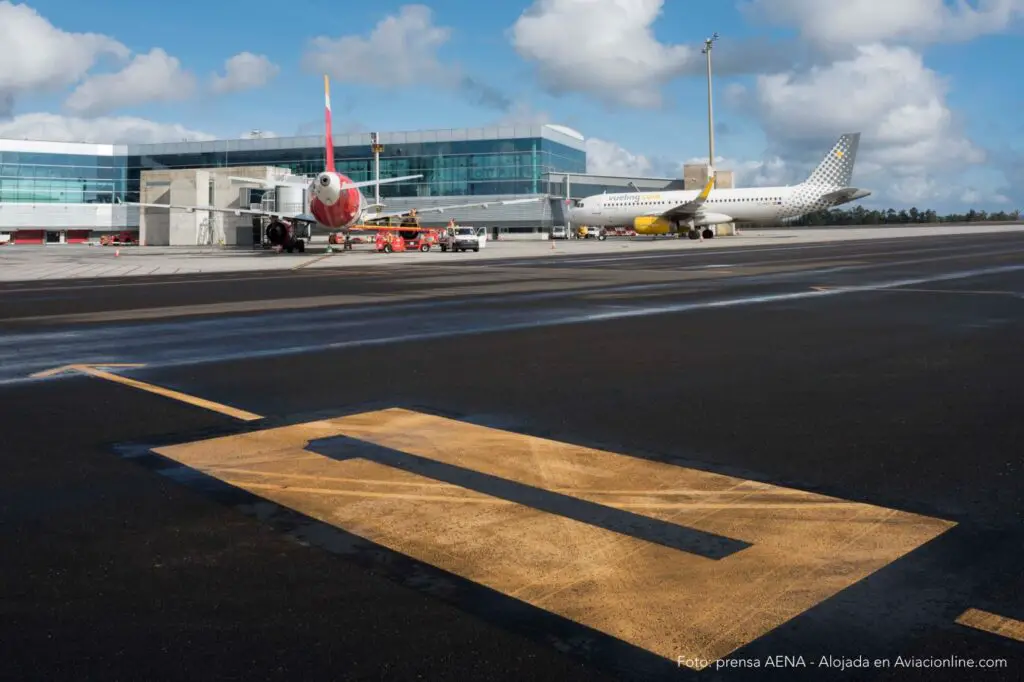The International Air Transport Association (IATA) strongly criticized the Spanish government’s decision to prohibit charging fees for carry-on luggage and fine airlines a total of 179 million euros. According to the association, this measure contradicts European regulations that guarantee price freedom, affecting competition and the diversity of business models in the sector.
Ryanair, Vueling, Easyjet, Norwegian, and Volotea were fined because, according to the Spanish government, they engaged in «abusive practices such as charging for carry-on luggage or requiring additional fees for reserving adjacent seats in cases of minors or dependent individuals»
The director general of IATA, Willie Walsh, described the decision as “alarming” and warned that, «far from protecting the consumer, this harms travelers seeking options. Prohibiting all airlines from charging for carry-on luggage means that cost will automatically be incorporated into ticket prices. What’s next? Forcing all hotel guests to pay for breakfast? Price freedom is protected by EU law for good reason. This measure is illegal and must be stopped»
Surveys reveal travelers’ preferences
According to data presented by IATA, consumers support transparency and flexibility in airfares. A survey conducted in Spain indicated that 65% of travelers prefer low-cost tickets and to pay for additional services based on their needs, and 74% say they feel well-informed about airline policies. Furthermore, 78% believe that air transport provides good value for the money spent.
The association also cited the European Commission’s Eurobarometer, which shows that 89% of European passengers are satisfied with the information provided about luggage.
Legal conflict and precedents
IATA recalled that attempts to regulate carry-on baggage fees in Spain are not new. In 2010, the Court of Justice of the European Union struck down a similar measure, ruling that it violated Regulation 1008/2008, which protects price freedom in air transport within the EU. According to the association, this new regulation reignites a legal conflict that has already been resolved.
The organization also warned about the operational implications of the measure, arguing that managing carry-on luggage increases boarding times and impacts profitability, especially on short-haul flights. The association cautioned that the low-cost model, which has democratized access to air travel, could be at risk.
With this decision, Spain once again faces the challenge of balancing consumer protection with the competition regulations established in the European Union.
“They failed once, and they will fail again. Consumers deserve better than this backward step, which ignores the realities of today’s travelers. Spain’s tourism industry has grown to account for nearly 13% of the country’s GDP, with 80% of travelers arriving by air, many on tight budgets» emphasized Walsh.
«Low airfares have played a fundamental role in the growth of this sector of the economy. The government has neither the authority—legal nor practical—to eliminate the availability of basic fares. The CJEU concluded this a decade ago. The European Commission must act urgently to defend its laws, which benefit consumers by protecting price freedom” he concluded.














